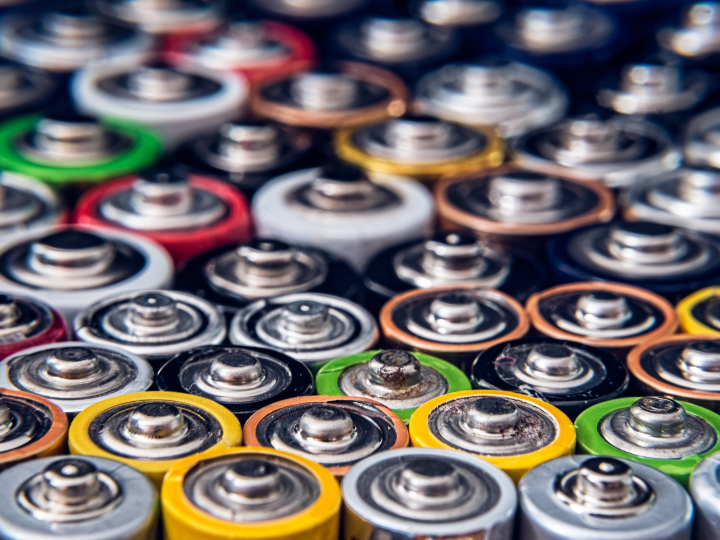by Sarantis Michalopoulos*
Tensions at last week’s meeting of the London-based International Maritime Organisation (IMO) made few headlines worldwide – but Europe received an overdue geopolitical slap that should serve as a wake-up call.
The debate focused on the future of shipping fuels – specifically, what kind of fuels the industry will rely on as it transitions to zero emissions, and how quickly that shift should take place. Since April, the EU – with early support from China – had been pushing for an ambitious framework favouring green hydrogen-derived fuels (such as green ammonia and methanol) over LNG.
This position, however, angered the Americans, who have invested heavily in LNG infrastructure and wanted it formally recognised as a transitional fuel. In the eyes of the US, the EU’s push for LNG alternatives looked less like climate leadership and more like a threat to its energy interests.
Europe had the majority needed to pass its proposal until US President Donald Trump intervened. He threatened sanctions against countries that backed the EU-led deal, made in April. And as seen so many times before, Trump’s intimidation tactics are compelling.
In fact, the US warning against LNG opponents was made clear before Trump’s explicit Truth Social post. In similarly forceful terms, State Secretary Marco Rubio told the anti-LNG ringleaders that they risked inciting the wrath of US foreign policy, with punitive sanctions if they pushed ahead with their transition to greener shipping fuels. Europe ignored this call under the illusion they could pass the vote without Washington on board.
According to multiple sources who attended the talks in London, Chinese delegates were visibly amused by the escalating transatlantic quarrel. The Chinese were literally laughing at the West’s division.
In the end, despite earlier alignment with the EU, China voted with the US in favour of postponing the decision by a year. At a time when far more serious geopolitical issues are in play, Beijing thought it best not to open another front with Washington. Meanwhile, EU countries voted against the postponement – with the exception of Greece and Cyprus, which abstained.
There are important lessons here for Europe.
First – Relying on China, especially in today’s polarised world, is a strategic misstep. When push comes to shove, China will negotiate with the global superpower – not with Brussels.
Second – Europe must recognise the limits of its leverage. While the EU leads on regulation, it lacks the hard power to affect outcomes globally. In this case, it overplayed its hand by insisting.
Third – and perhaps most pointedly: You don’t bite the hand that feeds you. If Europe still depends on its transatlantic alliance, for energy and security, then it should be more tactful.
To put it bluntly: If you can’t lead, don’t provoke. And when in doubt – listen to Daddy.
*Published first on Euractiv.com - the Brief




 By: N. Peter Kramer
By: N. Peter Kramer
